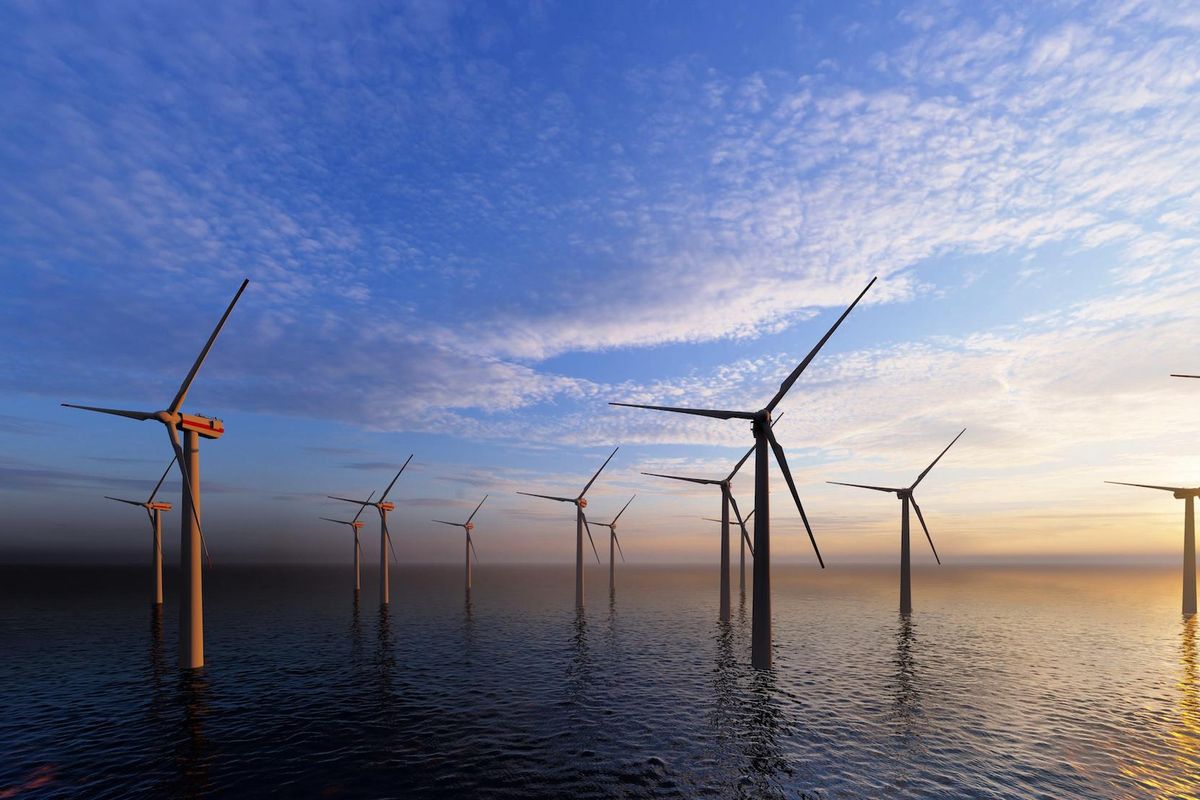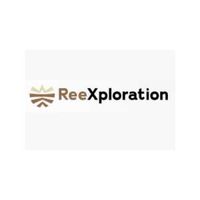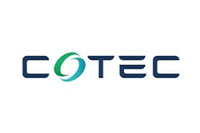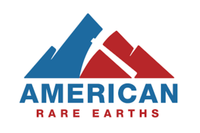Ionic Clay's Potential for Sustainable Rare Earths Processing

The discovery of ionic clays in regions such as Australia, South Africa and Chile represents both an opportunity for investors and the chance to develop a more stable, diversified global supply chain for rare earth elements.
Ionic clays potentially represent the most sustainable type of rare earth element deposit. Non-radioactive and with a low CAPEX requirement, ionic clays are also the only type of deposit that contains important quantities of both light and heavy rare earth elements. Unfortunately, and for a long time, economic deposits outside of China and Myanmar have been few and far between.
This is changing.
The discovery of ionic clays in regions such as Australia, South Africa and Chile represents both an opportunity for investors and the chance to develop a more stable, diversified global supply chain for rare earth elements.
Not quite rare, but no less critical
Rare earths are unique for a few reasons.
First, the 17 different elements always occur jointly with one another. Rare earth minerals are also surprisingly common, widely known amongst mining investors as more plentiful than platinum, gold and silver. However, mineable deposits are less common because they usually occur in concentrations not high enough to make mining economic. Different deposits also contain different concentrations of each metal.
Fifteen of the rare earth elements are part of a group of minerals known as lanthanides; scandium and yttrium are the only ones not a part of this. The minerals fall into one of two categories based on their atomic weight — light and heavy — with scandium also being an exception to this. The uses for rare earth elements are quite broad, though more recently the market has been driven by the energy transition towards renewables and a decarbonized vehicles fleet.
In this regard, neodymium and praseodymium are two of the most critical light rare earth minerals. The former is required for a range of different electronics, including smartphones and electric vehicles, while the latter sees use in the film industry and the manufacturing of aircraft engines. Both minerals are instrumental in the creation of rare earth permanent magnets, which are present in more than 90 percent of modern electric motors.
Heavy rare earths are also crucial to the energy transition, as they play a key role in the manufacture of high performance permanent magnets used in clean energy technologies. The International Energy Agency identifies rare earths as essential for the permanent magnets used in both offshore wind turbines and electric vehicles, noting that by 2040 we could see three to seven times higher demand. The production of solar panels also requires several different types of rare earth minerals.
The critical importance of sustainable rare earths processing
Both clean energy and electrification have a single goal in mind — the creation of a greener and more sustainable future. Unfortunately, it is incredibly energy-intensive to extract and refine rare earths from most types of deposit. To make matters worse, rare earths production tends to produce heavy pollution.
Reagents used for refining might seep into groundwater and contaminate the environment, while the radioactivity of certain rare earths deposits could permanently damage large swathes of the surrounding ecosystem. Grinding and milling operations may release clouds of toxic dust. Even absent these harmful processes, there is still the sheer carbon footprint of traditional rare earths production methods.
Sustainable production is beneficial for more than ESG purposes, as well. There exists a connection between sustainable mining practices and long-term profitability. Sustainability can also improve operational efficiency.
An uneven global market
China and Myanmar are currently two of the largest global producers of rare earth elements, and Southern China is also home to extensive ionic clay deposits. China has largely curbed rare earths production within its own borders, and has reportedly begun outsourcing much of its mining to Myanmar's Kachin State.
Unstable trade relationships and expensive tariffs aside, this market dominance has troubling implications for both sustainability and emissions reduction.
According to a report by the NGO Global Witness, the processes used for rare earths mining in Myanmar are incredibly harmful. They contribute heavily to deforestation and environmental contamination, with people living near mining sites reporting polluted land and toxic water. Rare earths mining in Myanmar also fuels human rights abuses and bankrolls groups linked to the military regime responsible for the February 2021 coup.
Currently, according to the report, the 2,700 rare earths mines have been built in an area roughly the size of Singapore. These mines are undocumented, largely unregulated and illegal under the country's laws. There is the constant risk of minerals from these operations finding their way into products manufactured by several major brands, including those dedicated to sustainability.
An alternative source of ionic clay deposits
Only a handful of companies are currently making strides in exploring and developing ionic clay assets outside of China and Myanmar. Ionic Rare Earths' (ASX:IXR) Makuutu project in Uganda is among them with current mineral resource estimate of 532 metric tons at 640 parts per million (ppm) total rare earth oxides (TREO), at a cut-off grade of 200 ppm TREO-cerium-oxide.
Serra Verde’s ionic clay asset in Brazil is also progressing with the construction of an integrated rare earths mining and processing operation in Minaçú County in the state of Goiás.
Mount Ridley Mines (ASX:MRD) made an exciting discovery at its namesake project in Western Australia, reporting recently that testing has revealed a mineralized footprint of over 1,200 square kilometers.
Exploration and development company Aclara Resources (TSX:ARA) is emerging as one of the cleanest future sources of heavy rare earths in the market, owing to its promising Penco Module asset in Chile, and its innovative, patented circular mineral harvesting process.
Developed in collaboration with the University of Toronto and the University of Concepción in Chile, this process produces no liquid waste, which in turn allows the project to operate without the need to build a tailings dam. It also recirculates roughly 95 percent of water and 99 percent of reagents, resulting in highly efficient extraction and refinement with a minimal environmental footprint. What is more, the company is committed to revegetating all the extraction areas with native forests, a first in Chile. For its role in the process's development, Aclara earned the 2022 Sustainability Initiative of the Year Award.
Takeaway
China currently remains the dominant force in rare earths production, even as it outsources much of its mining operations to Myanmar. Shrouded in human rights violations and environmental harm, the impact of these operations is such that overreliance on them would defeat any sustainability efforts at the door. Fortunately, recent years have seen the emergence of multiple alternatives.
These new deposits — and the companies responsible for developing them — represent a considerable development opportunity, as well as the chance to create a more stable, more affordable and more sustainable supply chain to support clean energy and electrification initiatives.
This INNSpired article was written as part of an advertising campaign for a company that is no longer a client of INN. This INNSpired article provides information which was sourced by INN, written according to INN's editorial standards, in order to help investors learn more about the company. The company’s campaign fees paid for INN to create and update this INNSpired article. INN does not provide investment advice and the information on this profile should not be considered a recommendation to buy or sell any security. INN does not endorse or recommend the business, products, services or securities of any company profiled. If your company would benefit from being associated with INN's trusted news and education for investors, please contact us.


